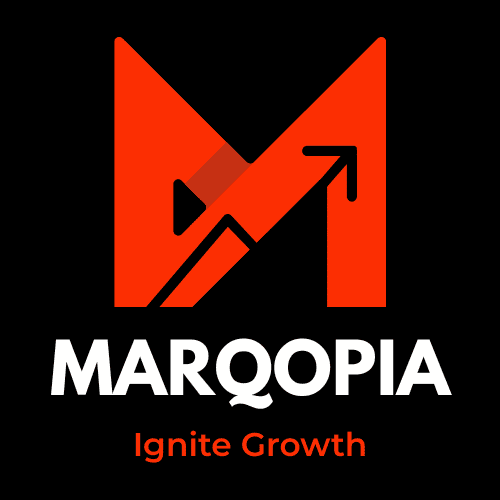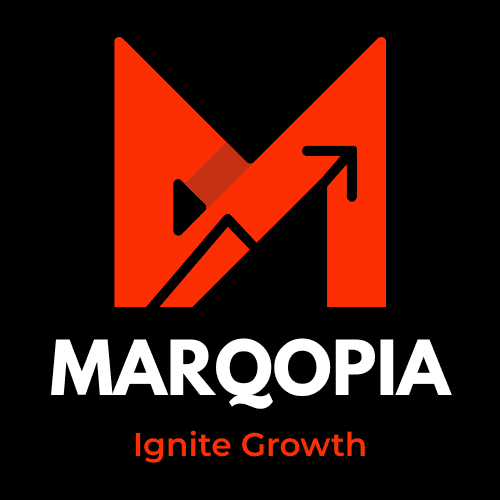Imagine walking into a room full of potential investors, and all eyes turn to you. What makes you stand out? The answer lies in your personal brand.
What Is Personal Branding and Why Should Founders Care?
Personal branding is how you present yourself to the world. It is the unique combination of your skills, values, personality, and story. For founders, personal branding is not just about self-promotion. It is about building trust, creating meaningful connections, and opening doors that might otherwise stay closed.
Think of your personal brand as your business card, handshake, and elevator pitch all rolled into one. Before people buy your product or invest in your company, they want to know you, the person behind the business. In today’s crowded market, a strong personal brand is often the difference between being noticed and being ignored.
Why Personal Branding Is Your Best Marketing Tool
People Buy from People, Not Companies
Customers, investors, and partners are drawn to people they know, like, and trust. Sharing your story, values, and vision helps humanize your business.
When people connect with you, they are more likely to support your company, even if your product is not the only one out there.
Builds Trust and Credibility
A strong personal brand positions you as an authority in your industry. When you consistently share valuable insights and show expertise, people see you as a reliable source.
This trust leads to business growth, as people are more likely to buy from or invest in someone they believe in.
Attracts Talent and Investors
Top talent and investors want to work with leaders who have a clear vision and a reputable image. In fact, many investors say a founder’s personal brand is a significant factor in their decision-making process. Your brand can make your startup more appealing to those looking for the next big thing.
Makes You Stand Out in a Crowded Market
In a world full of noise, your personal brand is what sets you apart. It highlights what makes you unique and why people should choose you over others.
Whether you are launching a new product or entering a new market, a strong personal brand gives you a head start.
Gives You Flexibility to Pivot
Markets change. Products evolve. When you have a loyal following built on your personal brand, it is easier to pivot your business. Your audience trusts you and is more likely to support you through changes.
Real-Life Examples: How Personal Branding Pays Off
- Elon Musk is more than just the CEO of Tesla and SpaceX. His personal brand is bold, visionary, and sometimes controversial. This keeps people interested in everything he does, making it easier to attract investors and talent.
- Jay Clouse, a creator and entrepreneur, uses his personal brand to connect with his audience. He offers courses, podcasts, and newsletters. Each venture feels like a natural extension of his brand, building trust and loyalty.
- Noah Kagan, founder of AppSumo, uses his personal brand across YouTube, newsletters, and social media to share his journey and expertise. His approachable style and consistent messaging make him a go-to resource for entrepreneurs.
The Key Ingredients of a Strong Personal Brand
Authenticity
People can spot a fake from a mile away. Be genuine in your communication. Share your real story, including the struggles and lessons learned. Authenticity builds trust and helps you connect on a deeper level.
Consistency
Your brand should be consistent across all channels. This includes social media, blogs, public speaking, and even in-person events. Use the same tone, values, and messaging so people know what to expect from you.
Storytelling
Humans are wired for stories. Share your entrepreneurial journey, the challenges you have overcome, and the vision driving your business. Stories make you relatable and memorable.
Value
Focus on adding value to your audience. Share insights, tips, and advice that help others. When you become a source of valuable information, people will keep coming back for more.
Visibility
Show up where your audience is. This could be LinkedIn, Twitter, industry events, or podcasts. The more visible you are, the more opportunities you will attract.
Actionable Steps to Build Your Personal Brand
Define Your Brand Identity
Ask yourself:
- What are my strengths?
- What do I want to be known for?
- How do I want people to perceive me?
Align your personal brand with your business’s mission and values.
Choose the Right Channels
Do not try to be everywhere at once. Focus on one or two platforms where your target audience spends time. For many founders, LinkedIn is a great place to start, but Twitter, YouTube, or even a personal blog can also be effective.
Optimize Your Profiles
- Use a clear, professional photo.
- Write an engaging bio that highlights who you are and what you do.
- Keep your username consistent across platforms so people can easily find you.
Share Your Story and Insights
- Post regularly about your journey, challenges, and lessons learned.
- Share industry news and your thoughts on trends.
- Offer advice and respond to comments to engage your audience.
Build Social Proof
- Highlight testimonials, client wins, or press mentions.
- Pin your best posts to the top of your profile.
- Share speaking engagements or media features to showcase your expertise.
Network Authentically
- Attend industry events and introduce yourself to key players.
- Host workshops or meetups related to your field.
- Follow up after networking events to maintain relationships.
- Give more than you take. Offer insights, introductions, or mentorship before expecting anything in return.
Create Valuable Content
Create Valuable Content
- Start a blog, write articles, or create videos that address your audience’s pain points.
- Share your unique perspective and expertise.
- Consistency is key. Regularly publish content to stay top-of-mind.
Common Mistakes to Avoid
-> Trying to be someone you are not. Authenticity wins every time.
-> Spreading yourself too thin. Focus on a few channels and do them well.
-> Neglecting your audience. Engage with your followers, answer questions, thank them for support, and listen to their feedback.
-> Being overly promotional. Share value, not just sales pitches. People want to learn from you, not just buy from you.
The Ripple Effect: How Personal Branding Impacts Your Business
A strong personal brand does not just benefit you. It lifts your entire business. Here is how:
- Attracts top talent. People want to work for leaders they admire and trust.
- Brings in investors. Investors are more likely to back founders with credibility and a clear vision.
- Builds customer loyalty. Customers who connect with you are more likely to become repeat buyers and advocates.
- Opens new opportunities. Speaking gigs, partnerships, and media features often come to those with a recognizable personal brand.
Start Building Your Personal Brand Today
Personal branding is not a luxury. It is a necessity for founders who want to stand out and succeed. It is your most powerful marketing tool, helping you build trust, attract opportunities, and lead your business to new heights.
You do not need a big budget or a marketing team to get started. Begin by sharing your story, showing up where your audience is, and consistently adding value. Over time, your personal brand will become one of your business’s greatest assets.
So, what is your story? Start telling it today and watch your business grow.

